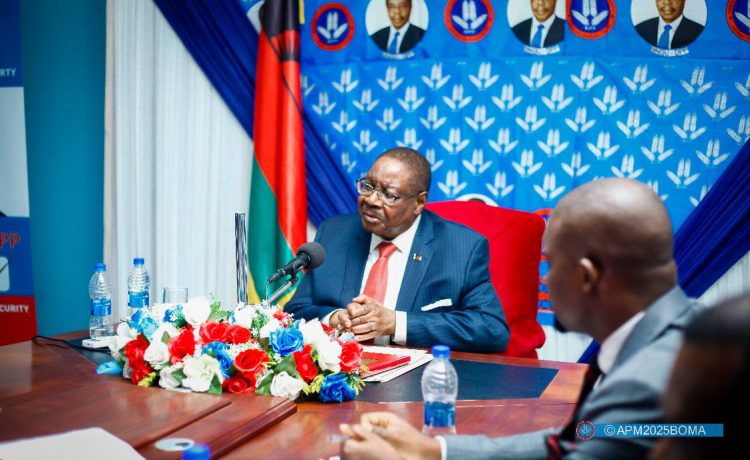President Peter Mutharika and his Democratic Progressive Party (DPP) are facing growing criticism after what many Malawians describe as a dramatic shift in their campaign pledge to deliver free education. Before the September 16 elections, the DPP confidently promised free education for every child, a commitment that convinced many voters that classrooms would finally open without financial barriers. However, mere months after taking office, government messaging appears to have changed. According to presidential spokesperson Shadric Namalomba, the recently announced free education initiative only covers examination fees, identity cards, and School Development Fund (SDF) charges at both primary and secondary level, while boarding fees are still payable. This clarification has left parents and education stakeholders accusing the administration of quietly watering down a flagship campaign promise.
Critics argue that what was marketed as comprehensive relief is increasingly revealing itself as partial assistance, leaving fundamental costs intact. Parents of children in boarding facilities remain particularly affected, as rural families are being forced to continue paying some of the highest expenses in the education chain. During his first term in 2014, Mutharika’s government already abolished certain tuition fees in public secondary schools and general purpose funds, prompting concerns that the current policy is little more than a rebranding of old measures rather than a new reform. Taxpayers are now expected to shoulder K13 billion annually to cover the waived fees, while the Education Management Information System (EMIS) projects that the cost of teaching and learning will continue climbing, with primary school requirements reaching K290.6 billion and secondary schools K73.5 billion this fiscal year.
Education commentators, including Nsapato, warn that genuine free education requires substantial government investment in classroom infrastructure, teaching materials, and boarding capacity, or the reform risks widening inequality instead of closing it. Figures from EMIS show that public boarding schools only accommodate 0.5 percent of the 2.9 million learners in the system, while grant-aided schools take in just over four percent. With boarding fees excluded from the waiver, critics say the poorest families remain locked out of equal opportunity.
Opposition voices and concerned parents now accuse the DPP of politically packaging the initiative to win votes, only to adjust the terms after securing power. They argue that campaign rhetoric promised a full waiver of school costs, not a selective relief that leaves some of the most burdensome charges in place. As government officials continue to insist that boarding was never part of the plan, frustrated citizens are demanding clarity, accusing the administration of misleading the electorate. For many families, what was sold as free education is increasingly looking like free confusion.













